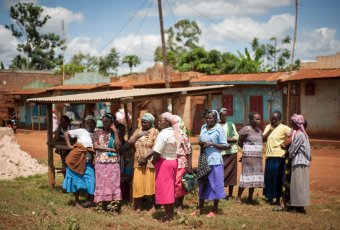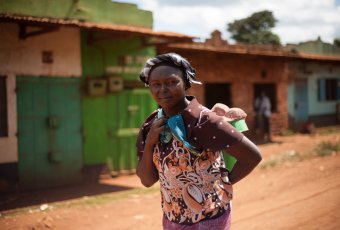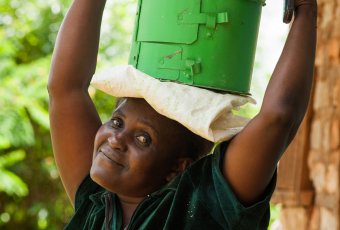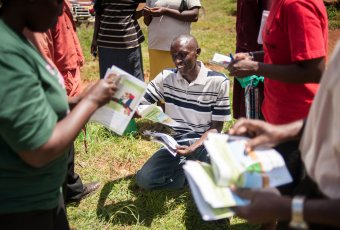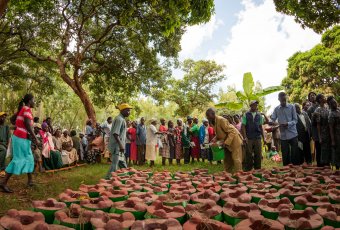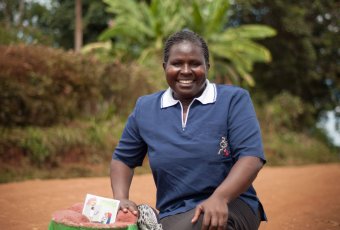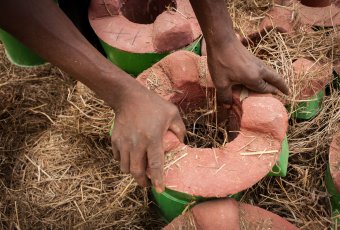The context
This project continues the legacy of Nobel Prize winner Wangari Maathai, the founder of the Green Belt Movement, who planted 30 million trees over the span of 16 years in her native Kenya. Like many African countries, Kenya witnesses important demographic growth, which has resulted in deforestation. According to the United Nations, Kenya loses 50,000 hectares of forest per year. With its forest cover standing at less than 3 percent, it is one of the least green countries in Sub-Saharan Africa today. This can be partially attributed to the fact that wood is the No. 1 energy source in rural areas. Each household consumes an average of 13 kilograms of wood per day, resulting in long hours of gathering wood for the local women. The traditional cookstoves used by Kenyans are made of three stones over which branches are laid. The inefficient design of these stoves, called “jiko” in Swahili, allows both precious heat and noxious smoke to escape. According to the World Health Organization, smoke exposure from these stoves is equal to smoking two packs of cigarettes a day.
The project
Baptized “Hifadhi”, which means “to preserve” in Swahili, this project distributed 60,000 improved cookstoves in three districts in Embu County (Embu East, Embu North, Mbere South), located at the foot of Mount Kenya. The improved “Hifadhi” cookstoves are made from locally-sourced metal and ceramic materials. It is highly energy-efficient because of a ceramic liner that improves combustion and retains heat longer while cooking. But its main quality is that it decreases wood consumption by 60% compared to the traditional three-stone cookstove, as kitchen tests done by researchers at Kenyatta University in Nairobi have confirmed. This project will save 13,000 tons of wood and save more than 1 million tonnes of CO2 over the project’s life span of 10 years.
This project also seeks to integrate an ambitious reforestation component with the target to plant trees with the same communities that receive the “Hifadhi” cookstoves. The idea is to have a carbon-neutral project: not only will the “Hifadhi” stoves cut down significantly on wood consumption, but Livelihoods will also plant trees to neutralize any timber needed to fuel the stoves. In addition to planting timber trees, the local communities will also receive fruit tree seedlings that will allow them to consume the fruits or even sell them for extra income at their local marketplace.
The Livelihoods Fund is one of the key actors of this project, as it finances the project and contributes to the structuring and co-piloting of the project. On the field, the project developer is Climate Pal, a joint venture between Carbon Manna Africa (40%), a Kenyan company, and EcoAct (60%), a French organization specialized in helping companies evaluate and reduce their environmental footprint.
The social and environmental impact
One improved “Hifadhi” cookstove will save 2.75 tons of CO2 emissions per year, the equivalent of a 20,000 km car ride. These improved cookstoves will also have a strong social impact, as it will reduce by half the time women must spend every day to gather wood for cooking purposes. Lastly, it will improve the local women’s health as the stove will result in fewer emissions of noxious smoke. The “Hifadhi” stove’s low price, together with its lifetime of 3-4 years, makes it affordable to all.



